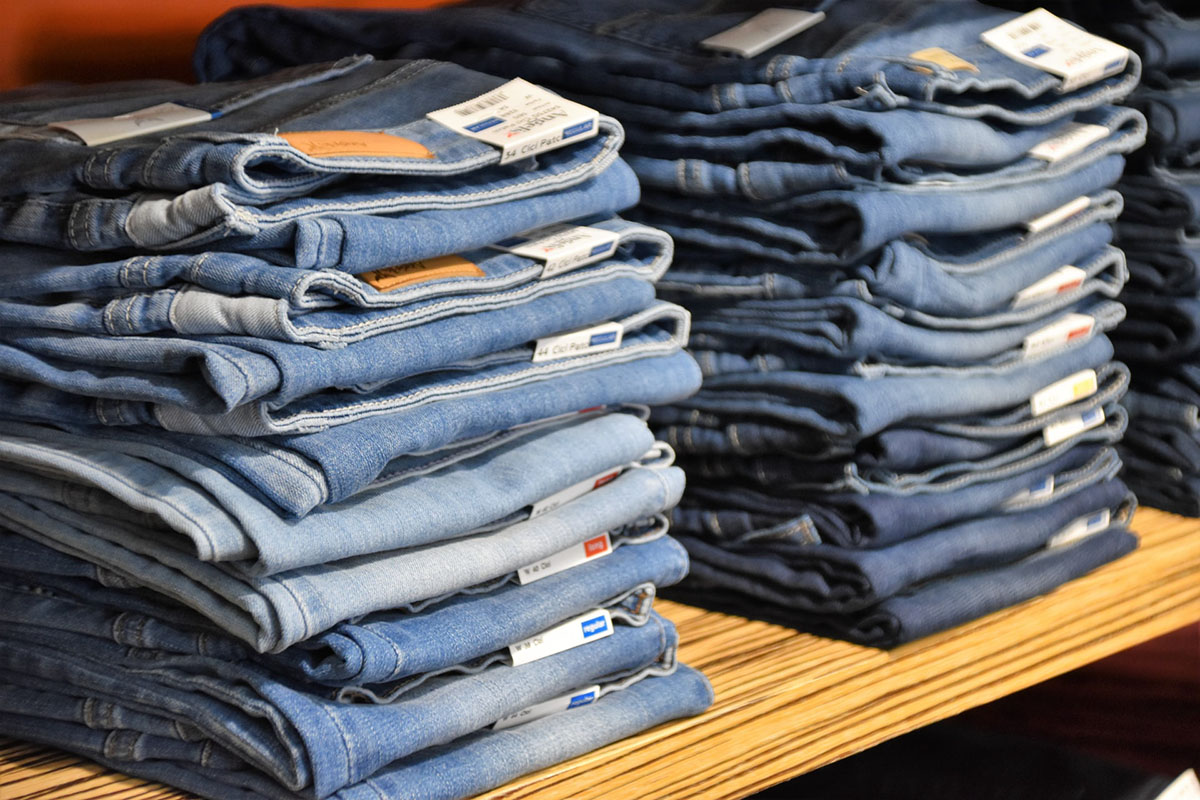
Though the COVID-19 pandemic may have placed the denim industry in a state of pause, it remains a crucial moment in time for fashion professionals and consumers alike.
Tricia Carey, director of global business development, denim at Lenzing, led a women-centric panel last week emphasizing that the actions people take now will determine the future of the industry—and companies can either choose to lead with empathy or greed.
In some cases, businesses are deferring to the latter. Denim consultant Salli Deighton pointed to former employer Debenhams’ move to lay off its entire Bangladesh team, leaving 69 employees without income or government support during a time when finding a new form of income is bleak.
“I’m really disappointed in a lot of people in the industry, to be really frank,” Deighton said.
Laura Dixon, owner and brand director at Three By One Europe, called out retailers that are refusing to pay suppliers or asking for massive discounts on clothes that have already been produced and shipped.
“Brands and retailers have been spending years convincing their suppliers that they’re not just suppliers, but partners. So for them to just drop everything is not really a partnership way of working,” she said. “[Suppliers] in countries such as Bangladesh and Pakistan don’t have the government’s support like we do in the Western world, so for them it can mean their workers can eat today or they can’t eat today.”
Other panelists referenced the industry’s short-term solutions that could generate more issues down the line—strategies like offering “shocking” 90 percent discounts, calling for extended payment terms of up to 300 days, and letting go entire sustainability teams.
“It shows they’re programmed to grow, and not necessarily to care,” said Janelle Hanna, White Weft design consultant.
Despite the actions of some companies, the pandemic presents an opportunity for positive systemic change. Ethical denim brand Outland Denim, which recently extended an opportunity for the public to invest in its sustainable company, is seeing engagement even in the face of economic uncertainty.
Panelist Claire Ford, who serves as the brand’s head of design, says the crowdfunding’s success could signal that consumers are placing more value in sustainability as a result of the pandemic—a concept that denim specialist Leanne Jae thinks will change the industry for the better.
“I think people share the same appreciation that I’m having with nature and connecting to it a bit more—so much so that they might…want to help protect it for the first time,” Jae said, adding that this could translate to minimalism for both consumers and businesses. “If luxury brands change their calendar, and we all start reducing the seasonality that we have within a year, consumers will feel less pressure to continually buy. And that will filter down the chain.”




